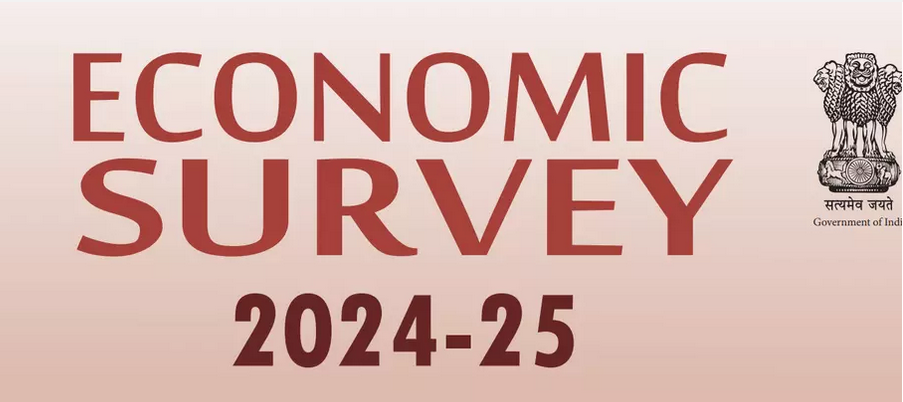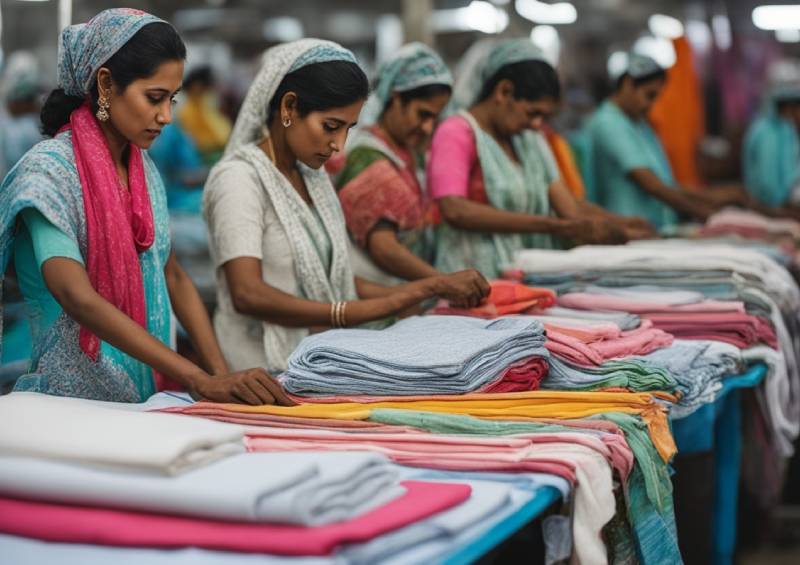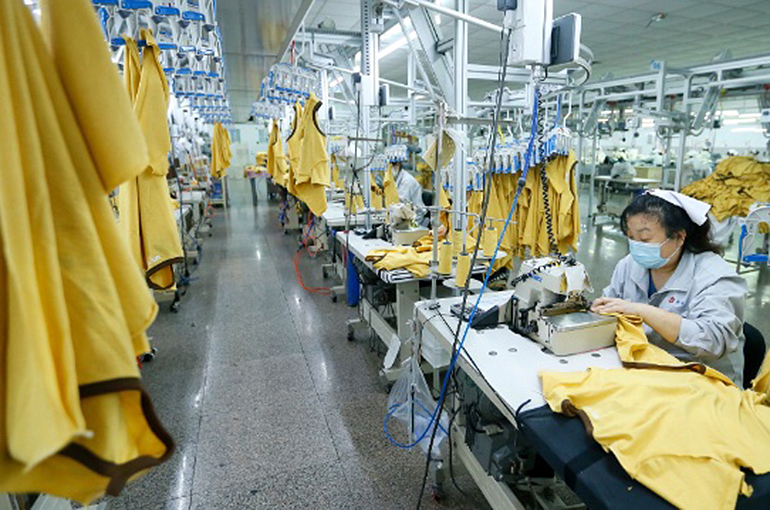The Union Budget 2025-26 has made significant strides toward boosting the global competitiveness of India’s textile industry, a sector that employs 110 million people, predominantly in rural areas. The government’s vision aims to grow the textile industry from $162 billion to $350 billion and increase exports from $35 billion to $100 billion by 2030.
The Southern India Mills Association (SIMA), representing the textile value chain in South India, welcomed the budget’s focus on addressing structural issues to enhance competitiveness. One key initiative is the Rs600 crore allocation for improving cotton productivity and sustainability. This will focus on promoting high-yielding seeds, enhancing agronomy practices, and branding Indian cotton, aligning with the Prime Minister’s 5F Vision (Farm to Fibre to Factory to Fashion to Foreign). Cotton remains the backbone of the textile industry, accounting for around 80 per cent of exports. However, India’s production of extra-long staple (ELS) cotton has declined, and the industry has been forced to import a significant portion of its ELS needs. The budget’s emphasis on improving domestic ELS cotton production aims to boost exports and reduce reliance on imports.
SIMA Chairman also highlighted that the Ministry of Agriculture and Ministry of Textiles are working on a Special Project covering 15,000 hectares of land across leading cotton-producing states, focusing on high-density planting and improving ELS cotton productivity. Pilot projects have shown potential to increase productivity by 30-50 per cent. Furthermore, the Cotton Textile Export Promotion Council (TEXPROCIL), in collaboration with other employer organizations, launched ‘Kasturi Cotton Bharat,’ a branding initiative for high-quality Indian cotton.
Additionally, the budget’s revision of MSME turnover limits will benefit the predominantly small-scale textile industry, providing easier access to fiscal and non-fiscal support. Measures to curb cheaper imports, such as the 20 per cent import duty on knitted fabrics, will also encourage domestic production. The extension of customs duty exemptions on key machinery like shuttleless looms, knitting, and garmenting equipment will further support growth.
SIMA also praised the government's Export Promotion Mission, which will improve access to export credit, cross-border factoring, and assistance with non-tariff measures such as sustainability certifications. These steps will support the MSME sector, enhance infrastructure, and bolster skill development initiatives, significantly strengthening India’s textile industry on the global stage.












